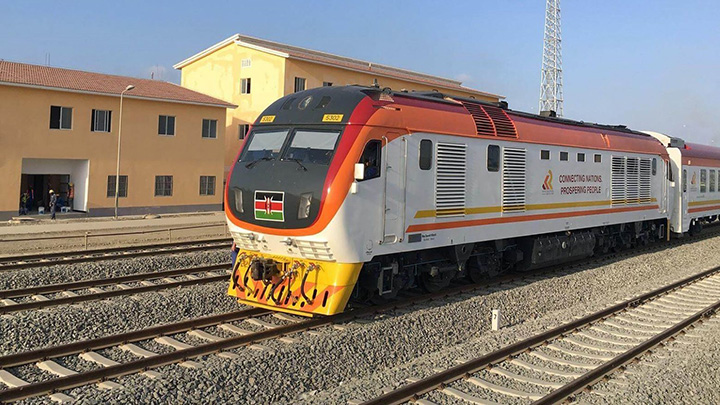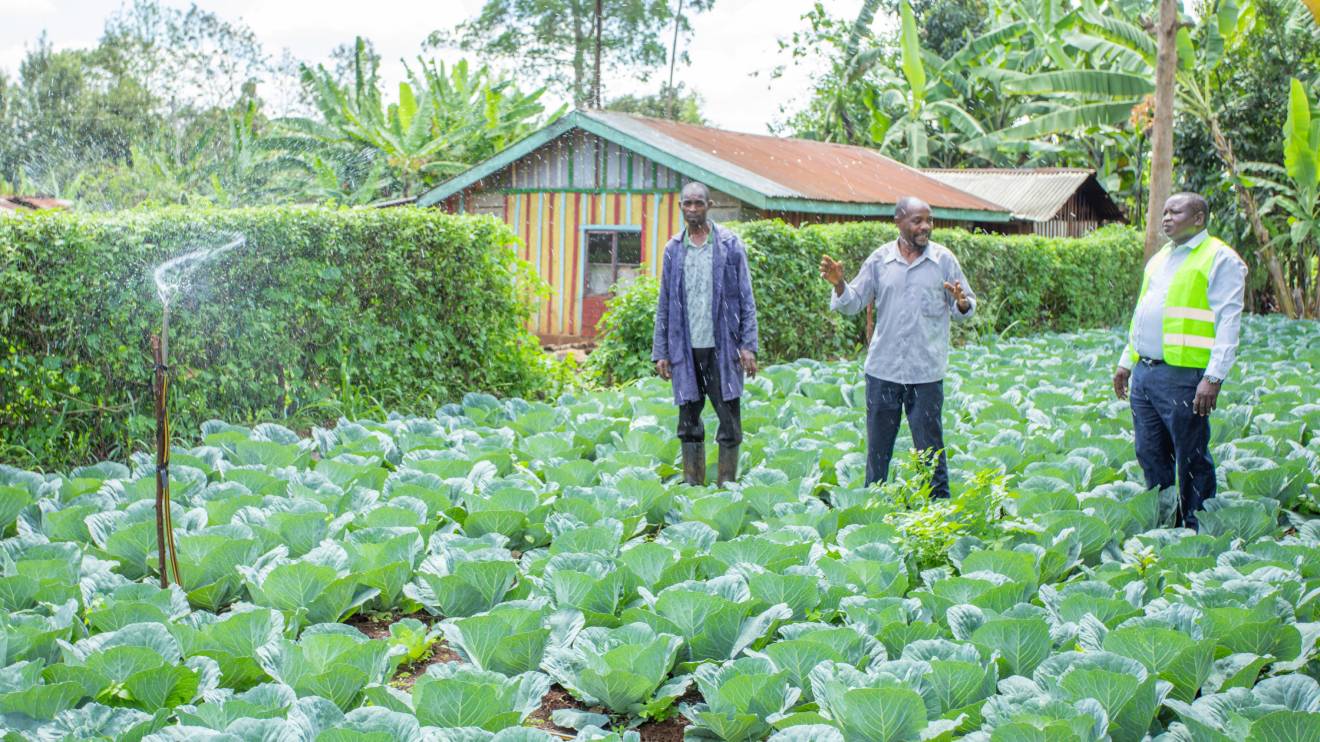The current tough economic times occasioned by the covid-19 pandemic are clearly leaving a huge dent on almost everyone’s wallet.
For majority of Kenyan motorists, every drop of fuel counts, and one has to make the tough decision of whether to use the car or not, and if yes, figure out how to make it economical.
Most Kenyans motorists dread the 14th of every month, when the Energy and Petroleum Regulatory Authority (EPRA) announces the monthly revised prices of petroleum products.
The pump prices announced affect how each motorist is going to fuel and use their car for the next month, as a single shilling added per litre would reduce the distance one covers.
Here are 8 tips you can apply to save on fuel consumption and save a few coins:
Read More
1. Use your car only when necessary
One of the sure ways you can reduce your fuel consumption is by using your car only when necessary. If you need to get to the shop and spend a few hundreds of shillings on a loaf of bread, milk and some groceries, it would be wise for you to just take a walk or a bike if the shop is some distance from where you stay. That will not only save you a trip to the filling station, but it will also help you burn some few calories.
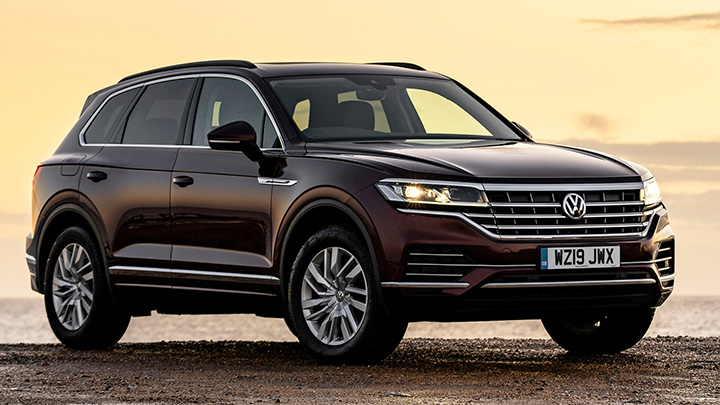
Volkswagen Touareg. PHOTO/COURTESY
2. Plan your route
Before you leave a point to any destination, it is important that you plan your route. Consult Google Maps and the latest traffic updates from social media and your local radio stations that give real-time updates on traffic situations. The shortest route does not necessarily mean the fastest, because traffic snarl ups can affect the use of the shortest route. Cars tend to consume more fuel when idling or moving at a snail’s pace than when moving at moderate speeds.
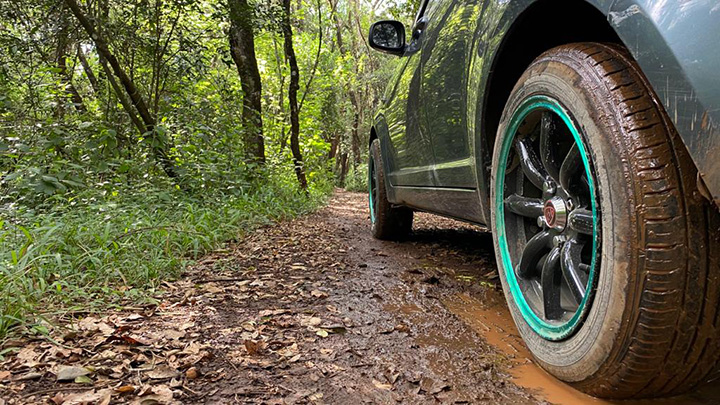
Car on the road. PHOTO/FILE
3. Service your car regularly
A combination of dirty/clogged air filters, worn out or faulty spark plugs, faulty fuel injectors or faulty fuel injection systems can significantly reduce the efficiency of your engine and result in poor performance. What all that denotes is more fuel consumption because the engine is struggling to produce more power, hence your car will use more fuel to move. Follow the manufacturer’s recommendation for service and try to keep all the appointments with your mechanic.
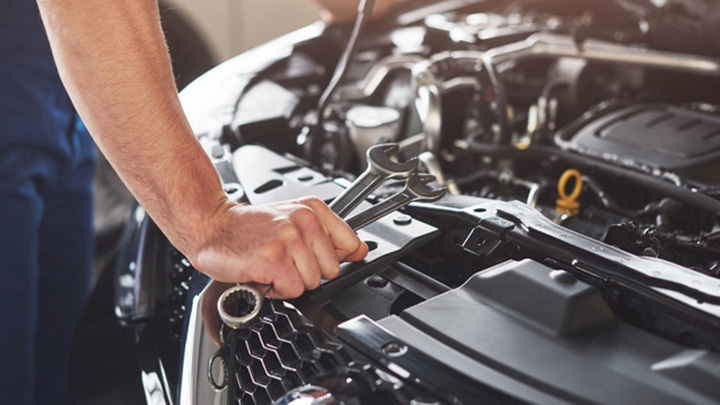
Car being serviced. PHOTO/COURTESY
4. Discard unnecessary weight
Carrying around the baby’s car seat, extra shoes, your golf kit and all those items you do not need might seem somewhat convenient. However, I’ve got news for you.…that extra weight in your car will require the engine to use more power to move, which also means more fuel to pull the weight around. Avoid unnecessary baggage and save on fuel consumed.
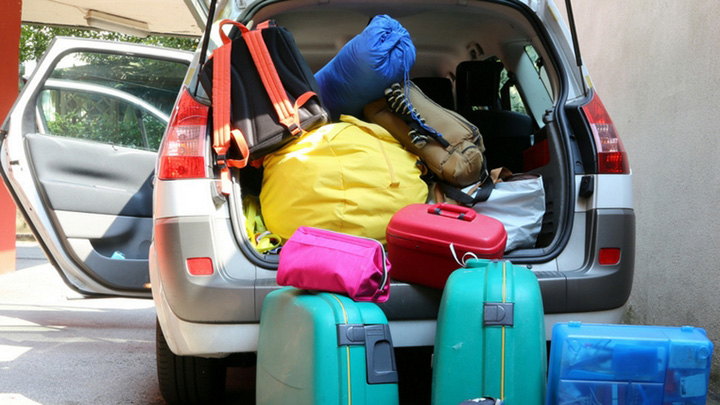
Car with excess luggage. PHOTO/COURTESY
5. Correct tyre pressure
Believe it or not, tyre pressure has a significant effect on your fuel consumption. Under-inflated tyres increase the car's drag, which also increases fuel consumption and creates some rolling resistance. There is an 8 per cent increase in fuel consumption with a 40 per cent decrease in tyre pressure. Always check the tyre pressure of your car as a tyre loses about 2 PSI per month even without a puncture.
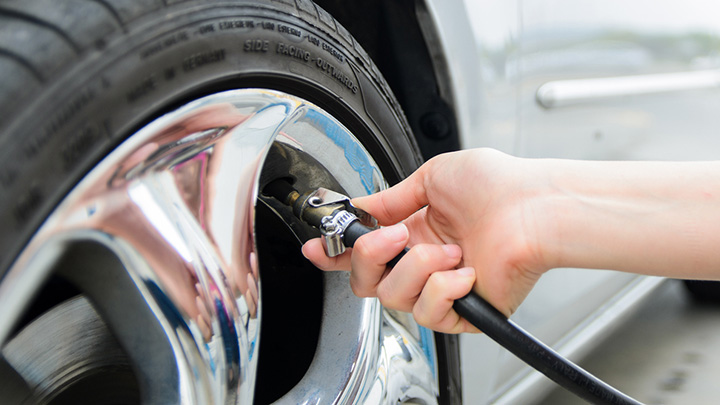
Checking tyre pressure. PHOTO/COURTESY
6. Reduce unnecessary drag
A vehicle that has a roof rack or luggage on it, mud flaps, spoilers, side mirrors or any other cosmetic accessories on the body has increased drag. Most vehicle manufacturers create designs that are as streamlined as possible to reduce the drag coefficient. Reduced drag means less resistance to the surrounding air, less power needed therefore improved fuel consumption.
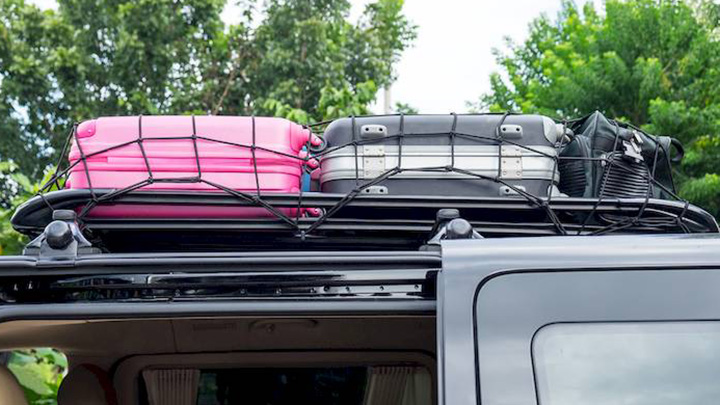
Car roof rack. PHOTO/COURTESY
7. Check your driving habits
Your driving habits also have an effect on your car’s fuel consumption. Aggressive driving i.e. rapid flooring of the accelerator or sudden application of the brakes can lower your fuel mileage by approximately 15-30 per cent on highways and 10-40 per cent in urban areas where the traffic moves and stops. Try steady/consistent acceleration for excellent results and also drive at speed limits.
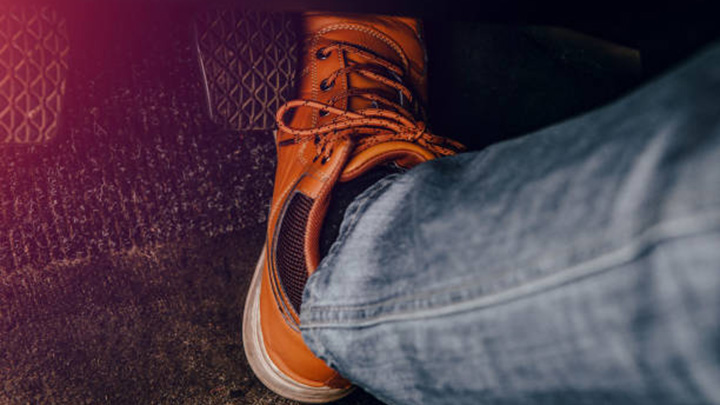
Foot on gas pedal. PHOTO/COURTESY
8. Rolled down windows Vs Air conditioning
Whenever the weather is hot, one is torn between rolling down the windows and using the AC. When you are doing speeds below 50kph just roll down your windows and let in the natural wind/air to cool you down but once you get past that mark then you should roll your windows way up and switch on the AC. However, set the AC to low settings. Cruising at high speeds when your windows are rolled down increases drag.
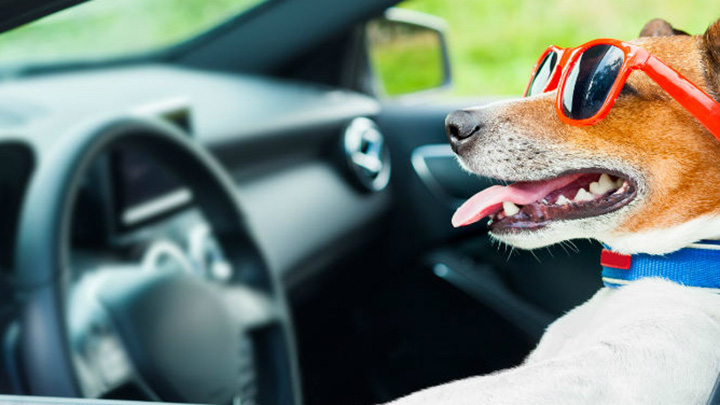
PHOTO/COURTESY
A car in a good condition will always provide the owner with good service and that is not only limited to performance but will also save the owner some coins by reducing trips or detours to the filling station for a top-up. A motorist needs to have their car in proper working condition to maximise on efficiency.
Enjoy a fuel-efficient week.

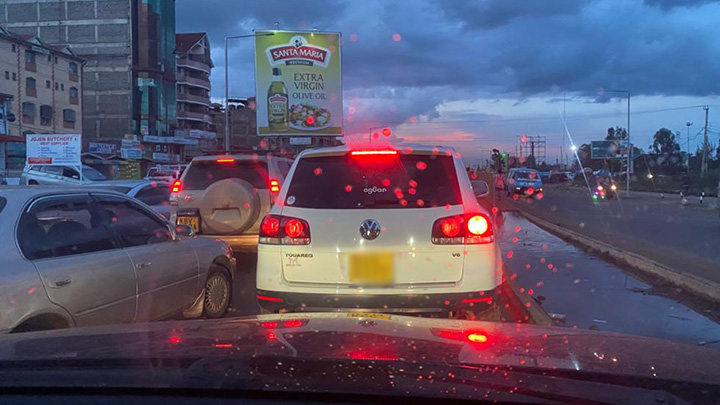
-1717684065.jpeg)





 (1)-1730745141.jpg)


